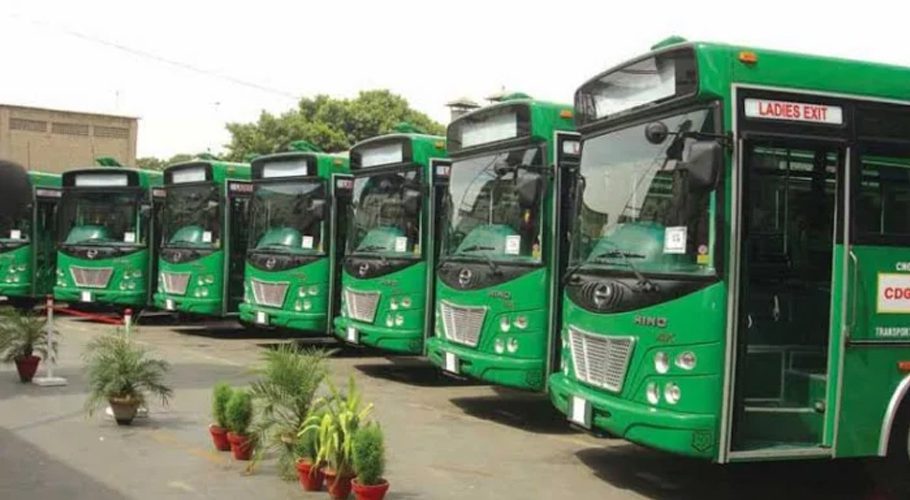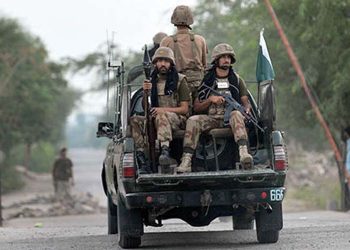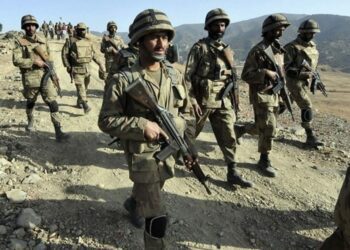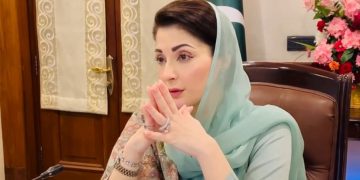KARACHI: In a groundbreaking move towards sustainable urban transportation, the Sindh government is set to introduce 180 solar-powered electric buses on the feeder routes of the Bus Rapid Transit Service (BRTS) in Karachi.
The decision, aimed at enhancing public transportation efficiency and reducing reliance on operational subsidies, was revealed during a meeting between Sindh Caretaker Chief Minister Justice (retd) Maqbool Baqar and a delegation from the Asian Development Bank (ADB), led by F Cleo Kawawaki, the Principal Director and Head of the Office of Market Development and Public-Private Partnerships (PPPs).
The initiative underscores the government’s commitment to exploring transformative solutions for cleaner and more efficient public transportation in Karachi. Scheduled to commence at the end of December 2023, the operational business plan aligns with the provincial government’s broader focus on climate change, resilience, and carbon credits.
Shakil Mangejo, Chairman of the Planning and Development Board Sindh, informed the ADB head that the Green and Orange Lines of the BRTS, facilitating an estimated 50,000 daily passengers, had already been implemented. With the introduction of feeder route buses, the existing and future lines will be seamlessly integrated, contributing to the long-term sustainability of the overall transportation system. The Transport Secretary disclosed that 170 to 180 electric buses would be incorporated into the existing BRT routes of the Green and Orange Lines.
Kawawaki expressed ADB’s commitment to supporting the project in collaboration with the provincial government.
Switching gears, the Chief Minister discussed the water challenges faced by Karachi, one of the most water-stressed cities with a population exceeding 20 million. The West Karachi Recycled Water Project aims to address the water shortage by proposing a treatment plant at Haroonabad near Sindh Industrial Trade Estate (SITE). The ADB, acting as the transaction adviser for an unsolicited proposal from the Karachi Water and Sewerage Corporation (KWSC), is actively involved in the project.
Asad Zaim, MD of the Public-Private Partnership Unit, provided details on the $180 million project, revealing that the prequalification process had been completed, with four bidders currently competing in the request for proposal (RFP) stage. The ADB’s expert team is collaborating with the provincial government to finalize project documentation, marking a significant step toward alleviating Karachi’s water supply challenges.




































